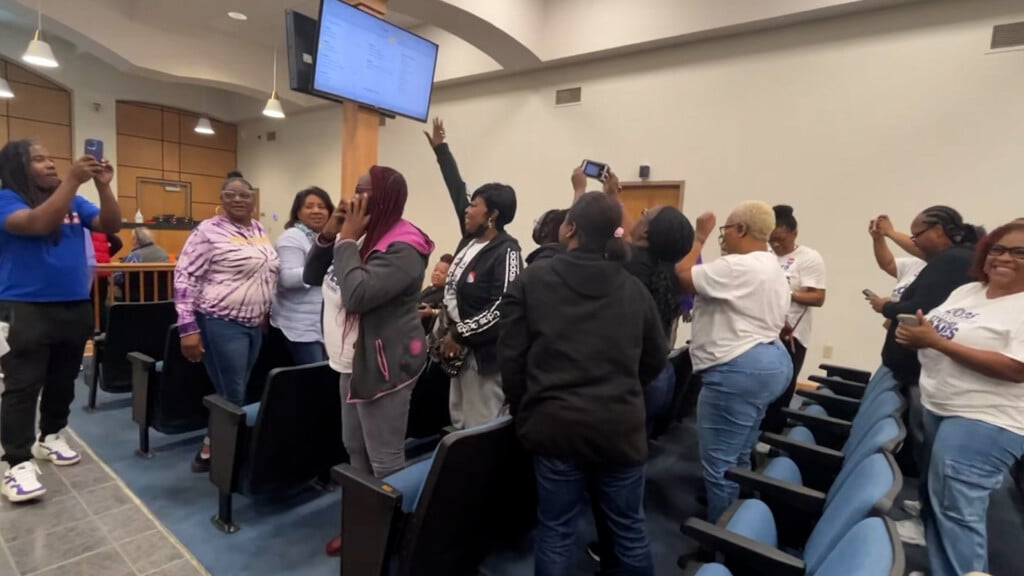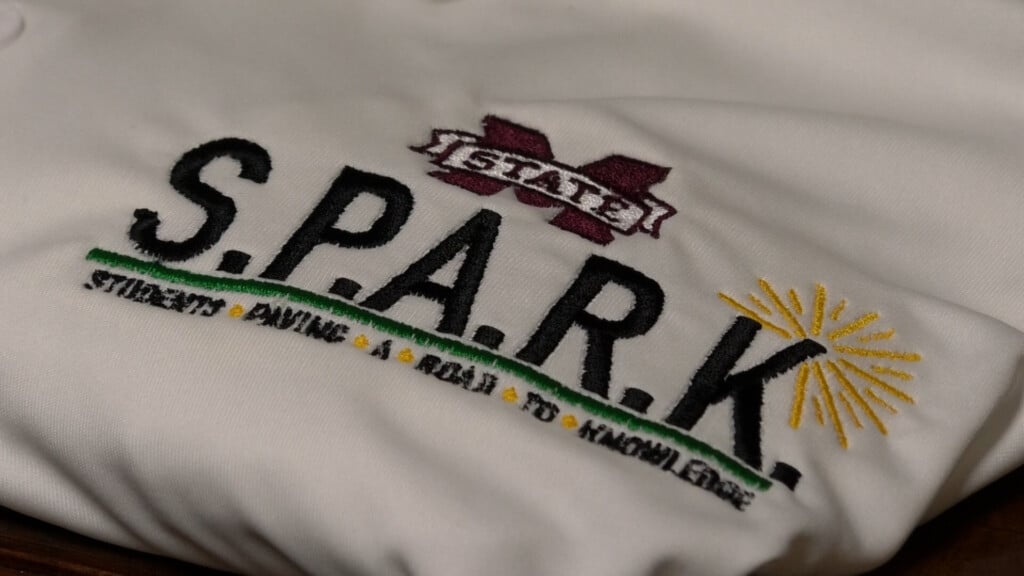Mississippi State research leads to nearly 60 percent increase in catfish production over last 10 years
STARKVILLE, Miss. (WCBI) – Mississippi State published a study Tuesday showing that their research has played a major role in increasing area catfish farming productivity over the last 10 years.
Nationwide, the catfish industry has contracted nearly 70 percent since 2003, but it remains a major economic driver in Mississippi.
According to Ganesh Kumar, research professor for Mississippi State’s Department of Wildlife, Fisheries and Aquaculture, the catfish industry contributed $1.9 million to the Alabama, Arkansas and Mississippi economies in 2019.
“(The state is) a major processor, major grower and major manufacturer of (catfish farming) equipment,” says Dr. Jimmy Avery, MSU extension aquaculture specialist and director of the Southern Regional Aquaculture Center.
According to the school, research efforts at MSU, along with several other schools (Virginia Tech, Auburn University, University of Arkansas at Pine Bluff), have led to a 59 percent increase in catfish production in Mississippi, Alabama and Arkansas.
https://twitter.com/spimpojr/status/1567579856761753605?s=20&t=5RZZZRyUo1fh0W7QpIMeCA
“(We) look at the economic impact of catfish in the region and also look at how these new technologies are being adopted,” Dr. Avery says.
Dr. Avery says their advances in catfish farming fall into three main categories: improved production systems, an improved strain of catfish and better fish health.
He says that Dr. Craig Tucker developed the split pond during his time at MSU.
“All the fish are more confined in this area so it made it easier to feed them, it made it easier for us to provide oxygen for them at night and it also made it easier for us to harvest them,” Dr. Avery says. “Because we didn’t have to harvest the whole pond.”
Scientists at Auburn first created the strain of hybrid catfish, which is a cross between a blue catfish and channel catfish.
“What (MSU) scientists were able to do was develop that into a commercially viable enterprise and go out and work with farmers to say, ‘Hey, look, this is how you make this hybrid,'” Dr. Avery says.
MSU was also behind a vaccine and delivery method for catfish.
“We’ve got a new vaccine out there for enteric septicemia of catfish,” Dr. Avery says. “It also gives protection from a couple of other diseases, bacterial diseases, as well.”
Dr. Avery says the impact of this research is improving the lives of catfish farmers nationwide.
“Adopting these new technologies…(using) fewer acres, we’re able to produce roughly the same amount of fish we have each year, over the last 10 years.”
Dr. Avery says that their relationship with area catfish farmers is ongoing and members of his team constantly go back to farmers any time they find a better way to grow and maintain their fish.




